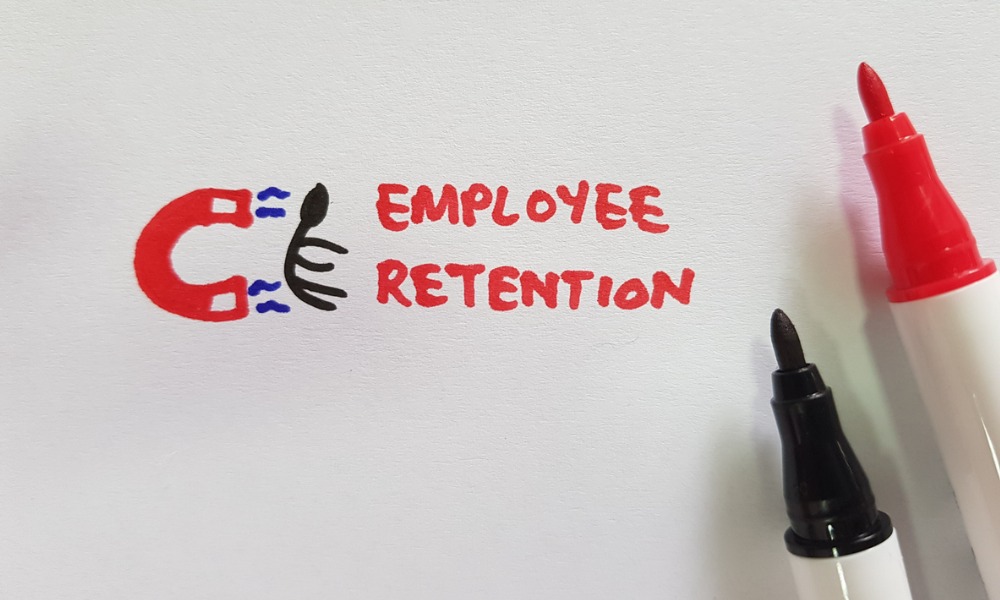
'Once the decision has been made for somebody to join us, we want them to know that they are a priority,' says Canadian HR leader

Employment rose by 64,000 in September, following an increase of 40,000 in August, according to Statistics Canada’s Labour Force survey. While employment levels are on the rise, the survey reported that “the upward trend in employment continues to occur in the context of the highest rate of population growth since 1957.”
The August edition of the survey revealed that a reduced labour market churn could mean job seekers may be having difficulty finding new work. The survey also found that a lower job-changing rate may indicate that workers are settling into jobs or that the labour market has become less favourable to employees seeking new opportunities.
For employers, this raises the question of how to retain talent.
According to Aman Malhi, Director of people and culture at Refrigerative Supply Limited, when people start settling into their jobs, one could hazard a guess that productivity would decline due to low motivation. So, even if employees are staying in positions due to the current economy, retention still needs to be a priority to benefit both the employer and the employee, she said.
“I think retention needs to be a priority; those career conversations, those investments in employee development, in employee welfare, in recognition, all of that needs to continue happening.”
In an effort to shift the focus from recruitment to retention, Malhi said they have invested money and resources into learning and development, benefits, compensation, onboarding and more to showcase the company’s strong employee value proposition.
The company also has a tuition program, a wellness program and personal obligation days, and has revamped its orientation program while checking in on employees regularly to see how employees are feeling, she said.
“We want to make sure that once the decision has been made for somebody to be joining us, we want them to know that they are a priority.”
As a result of the company’s increased focus on retention, they have seen minimal turnover, a high retention rate and high performance and productivity from employees, Malhi said.
For Hali Van Vilet, a partner with BDO, salary and benefits are the baseline when it comes to employee retention; they are important to have in place, but ultimately what encourages employees to want to work for a company is good leadership.
“For me, it’s all about leadership,” she said. “That's what helps retain talent because those leaders will motivate staff, will have them engaged and staff will want to work for them, and that's the spot you want to get to. They don't have to work for you, they want to work for you, and I think it really boils down to leadership.”
It’s also important for managers to be properly trained, coached and checked in with to ensure that they are able to effectively manage employees and create a good employee experience, said Van Vilet.
When it comes to implementing retention strategies, Malhi suggests that employers don’t just adopt what other companies are doing but instead listen to what their employees are asking for – and stick with what they believe to be right or effective.
“There's so many leaders within my network that will adopt what other companies are doing – I think that's a recipe for disaster,” she said.